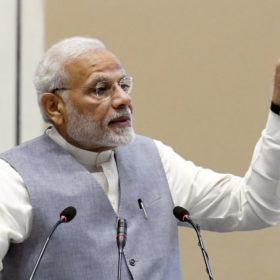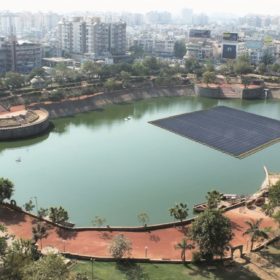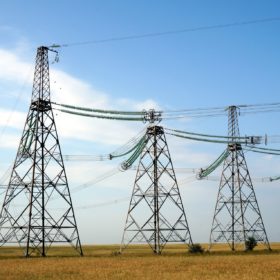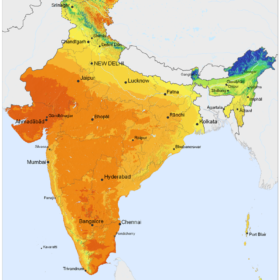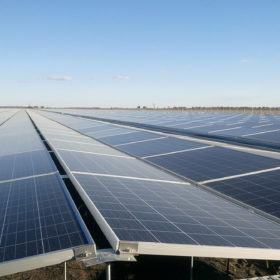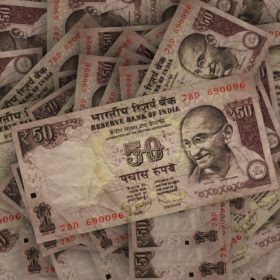Solar still gaining as coal’s share of national capacity falls
India saw an increase in PV’s share of national generation capacity in the third quarter, as 2 GW more solar was added despite worries buffeting the industry.
India powers ahead as Asia set for 355 GW of PV by 2023
Despite political hurdles in key markets including China and Japan, Asia remains highly active. This year, 59 GW of solar is expected to be installed and due to further system price declines, a phase-out of subsidy schemes can be offset.
ReNew Power to develop 3 MW floating PV project in Andhra Pradesh
SECI has opened up to 10 GW of floating PV for expressions of interest to accelerate adoption of the solar platform. The potential generation capacity for the technology in India is enormous, with 700 GW possible if just one-third of the country’s water reservoirs are exploited.
‘SECI’s 10 GW solar tender will not attract big developers’
Big players such as Acme, ReNew, Adani, Azure, Hero Future and Aditya Birla Solar are likely to stay away from procurement which requires 3 GW annual manufacturing commitment, says industry insider Gopal Lal Somani.
Hitting 76% of its solar ambition would still be some achievement for India
Analysts are weighing into the debate over the MNRE’s big solar plans, but pointing out that even a partial victory would set the foundation for future solar triumphs.
Mauritius installs the first wave of 10,000 solar rooftops
The Indian Ocean state has received $10m in concessional loan funding from the development agency of Abu Dhabi, in a program co-financed by the International Renewable Energy Agency.
Saudi Arabia and BP Group betting big on India
Two of the world’s biggest players in the oil industry have backed the nation’s ambitious solar target – and are putting their money where their mouth is.
India added world’s second largest PV capacity in first half of 2018
The nation installed 4.9 GW of solar, surpassing the USA – which installed 4.7 GW – to become the second largest solar market in the first half of the year, second only to China’s 24.3 GW.
Fall in rupee against the dollar will see solar targets missed, predict analysts
Ratings agency adds to pessimistic predictions about Indian solar with MNRE ambition of 34 GW of solar auctions next year at real risk. The news follows similar warnings about India’s 100 GW solar target.
Indian EPC eyes central Asian markets
Sterling and Wilson wants to construct 200 MW of PV in Kazakhstan in the next two years and says it is eager to get a slice of the Uzbek market too.
